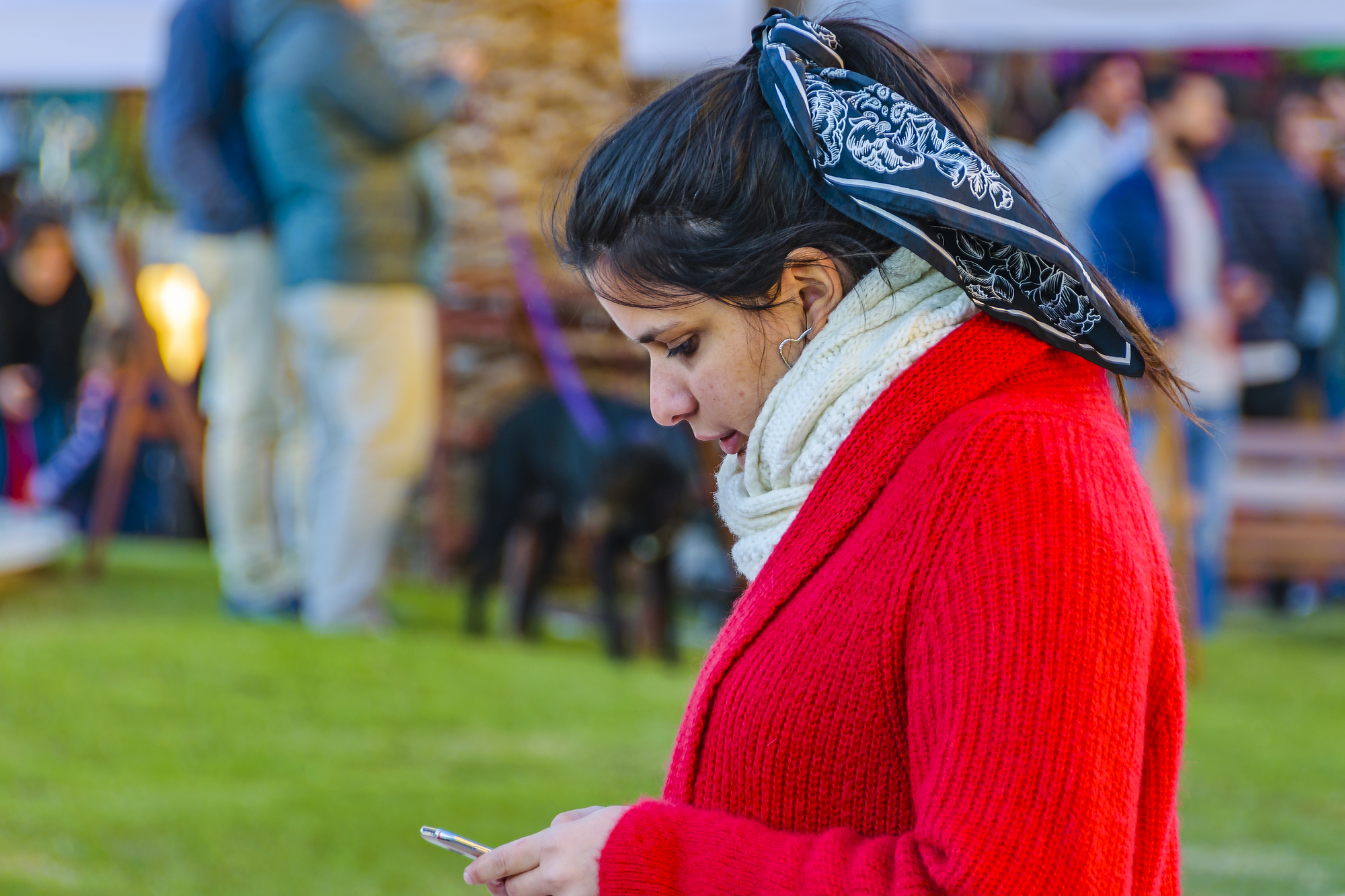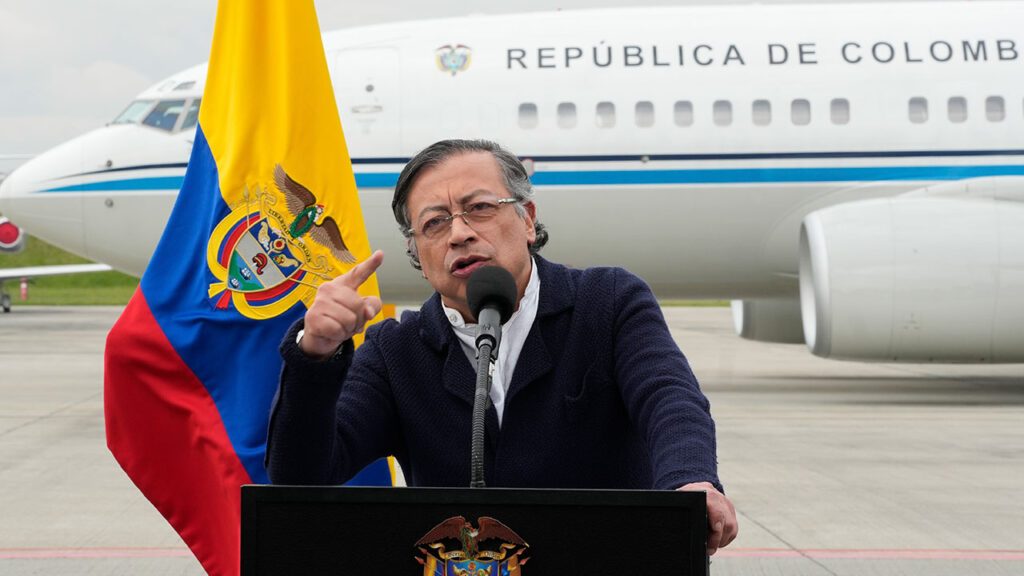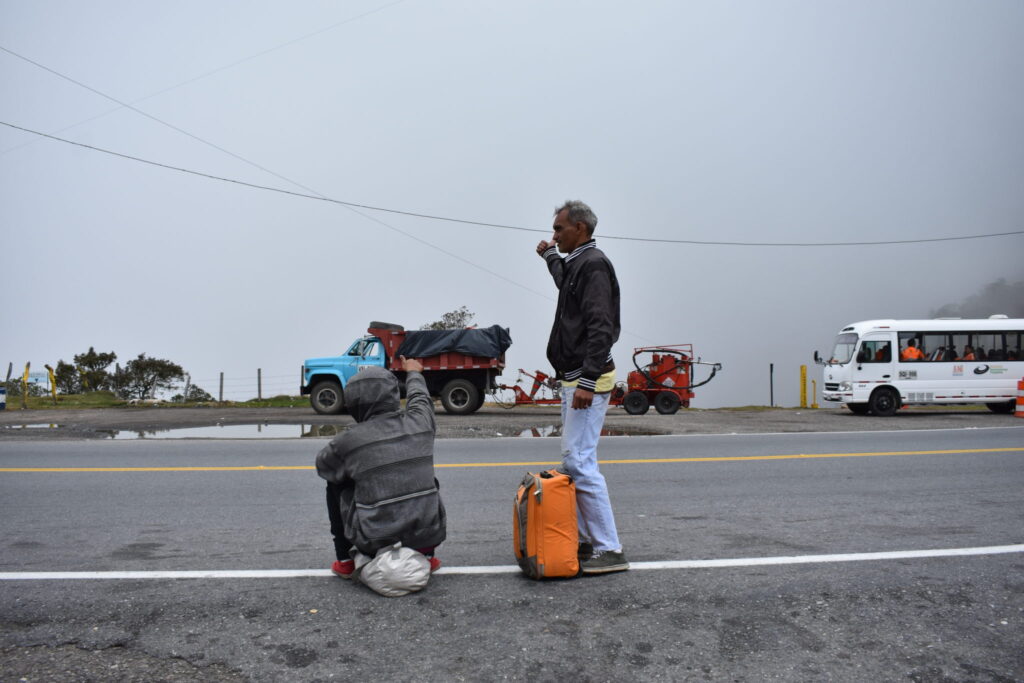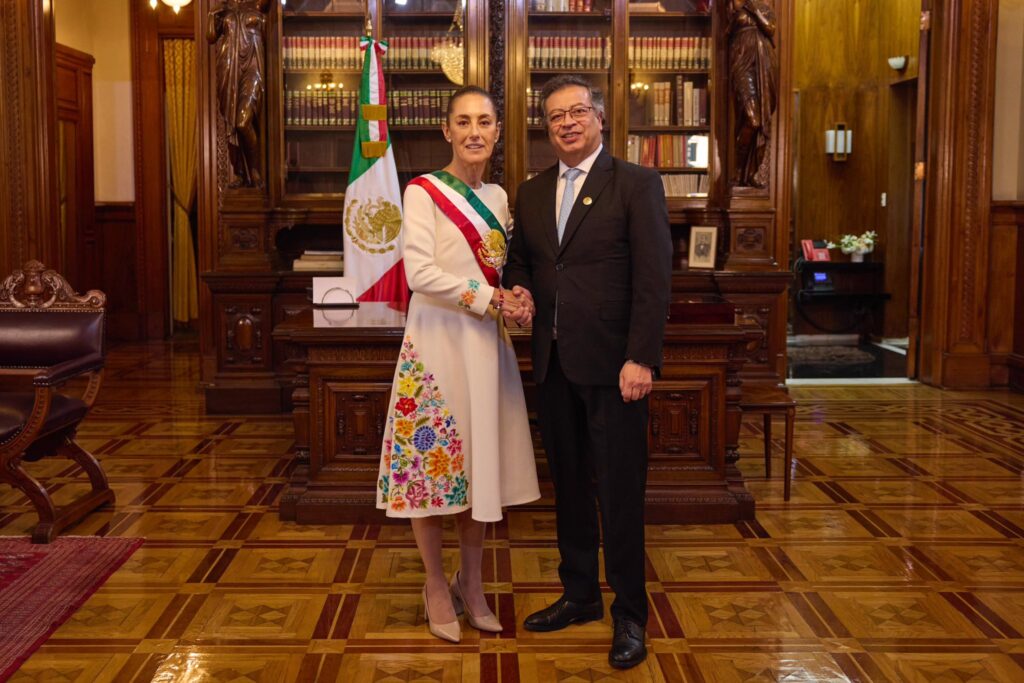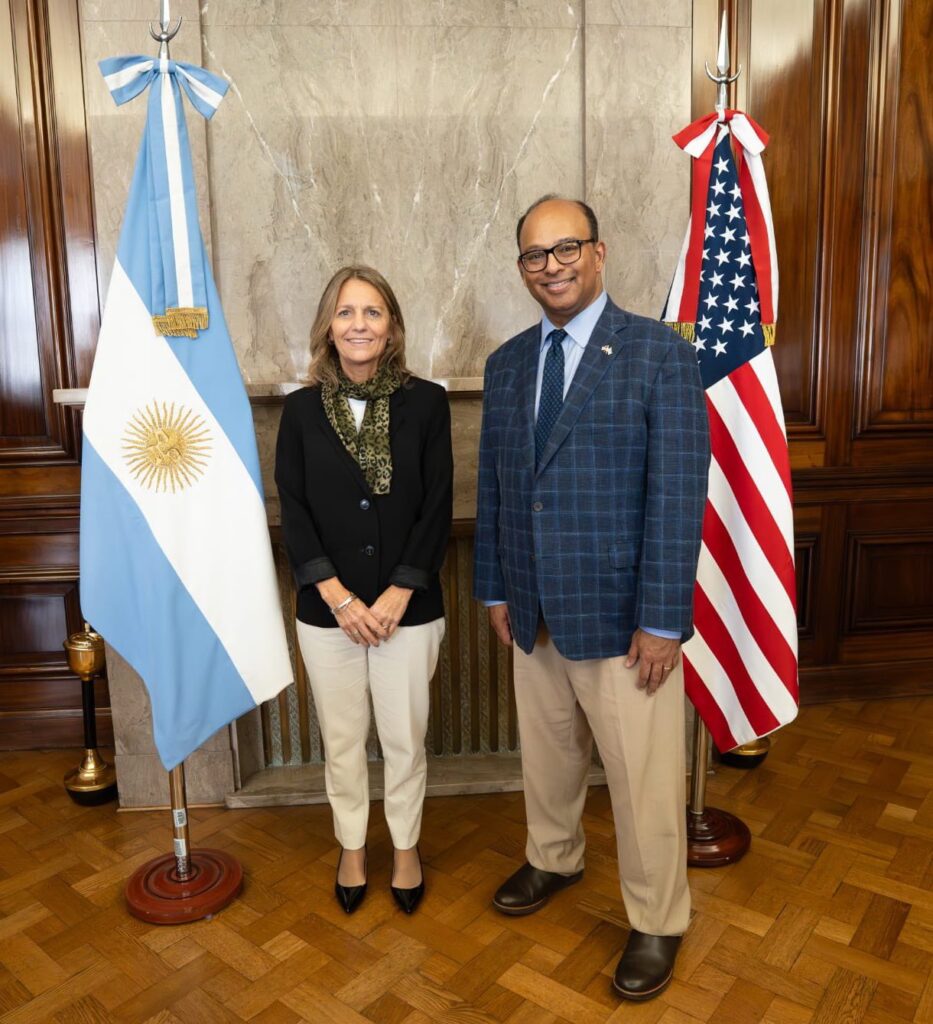In April, Uruguay became the first country in South America to launch commercial 5G internet connectivity, which the national government claims to be ten times faster than previous internet networks.
State internet provider Antel, in collaboration with international phone company Nokia, set up 5G base stations in La Barra and Nueva Palmira in the states of Maldonaldo and Colonia respectively. The president of Antel, Andrés Tolosa, also stated at the launch ceremony that the company plans to extend 5G coverage to the rest of the country this year.
Earlier this month, however, residents of the small seaside town La Barra took to the streets to protest the installation of the base stations. According to Uruguayan news outlet El País, the protesters also presented letters of complaint to various organizations asking them to remove the stations.
The residents fear that 5G internet could have detrimental effects on their health and tourism, which is a key source of income for the town, due to a form of non-ionizing radiation known as radio frequency radiation (RFR). According to the World Health Organisation (WHO), non-ionizing radiation is the term applied to radiation in the electromagnetic spectrum that has insufficient energy to cause ionization. It can be found in electric and magnetic fields, radio waves, microwaves, infrared, ultraviolet, and visible radiation.
In 2011, the WHO and the International Agency for Research on Cancer (IARC) classified RFR as a group 2B agent, alongside bracken fern, a shampoo foaming agent, and traditional pickled Asian vegetables, and described it as being “possibly carcinogenic to humans.”
According to 5G Americas, an organization of telecommunication services promoting the evolution to 5G, Uruguay is still the only country in Latin America and the Caribbean to have deployed 5G network. BN Americas states that 5G auctions in the region are expected to increase by the end of this year to Chile and Brazil.


